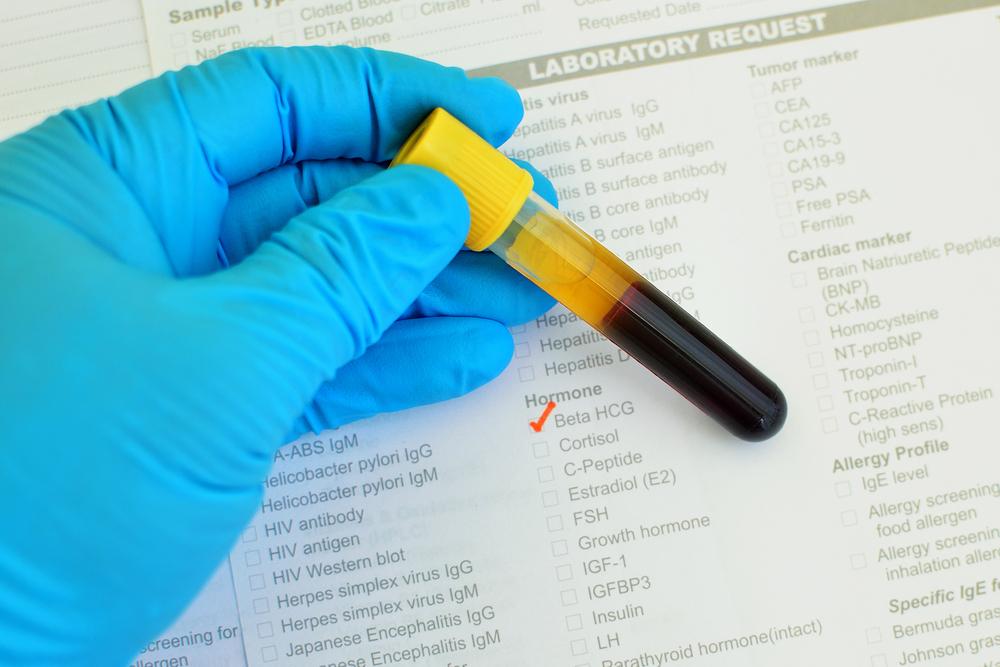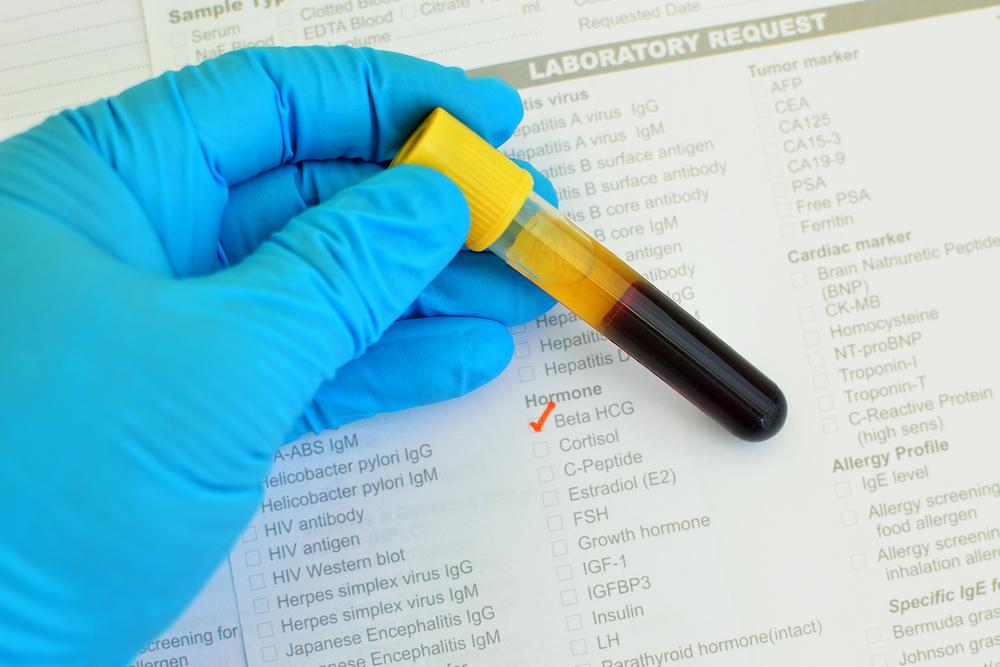Comprehensive Overview of Cancer Immunotherapy Approaches
This article explores various cancer immunotherapy methods, including broad-spectrum agents, T-cell therapies, vaccines, monoclonal antibodies, and oncolytic viruses. It details how these innovative treatments boost the immune system to target and eliminate cancer effectively and safely.
Sponsored

Immunotherapy, also known as biologic therapy, employs specially designed substances—either lab-produced or naturally occurring—to enhance the body's immune defenses against cancer. Its goal is to bolster immune function to eliminate existing cancer cells, halt tumor growth, and prevent metastasis. There are four main categories of immunotherapy:
Broad-spectrum immunotherapies
These include agents like interleukins and interferons that stimulate the immune system to attack cancer cells, either alone or in combination with other treatments like radiation or chemotherapy.
Interleukins are mainly used for skin and kidney cancers, while interferons are utilized across different cancer types.
T-cell based therapies
T-cell therapy involves harvesting immune cells from the patient, modifying them in the lab with specific receptors (CAR T-cells), and reintroducing them to seek out and destroy cancer cells effectively.
Cancer vaccines
These vaccines, whether for prevention or treatment, introduce antigens to activate the immune response against cancer cells.
Monoclonal antibodies
Such lab-made antibodies (e.g., Pembrolizumab, Nivolumab) target specific proteins on cancer cells, flagging them for immune destruction. They also block immune checkpoints that allow cancers to evade immune attack.
Oncolytic virus therapy
This approach uses genetically-engineered viruses (like T-VEC) injected directly into tumors to selectively destroy cancer cells while sparing healthy tissue, prompting an immune response that eradicates tumors.






